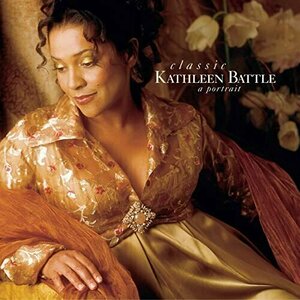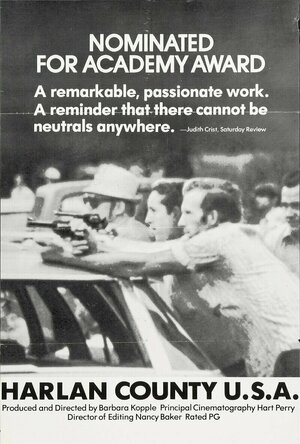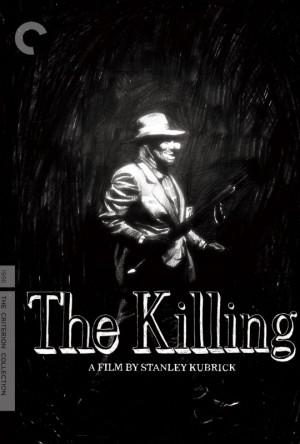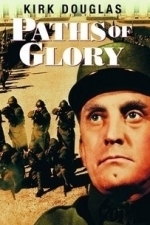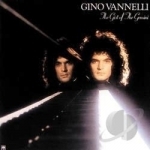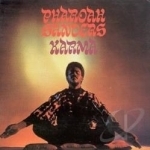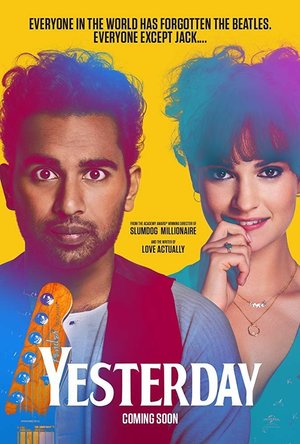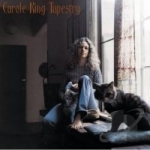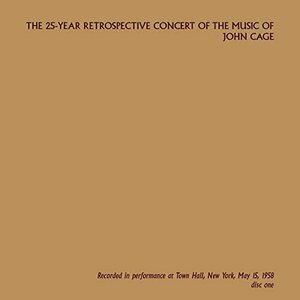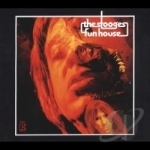Search
Search results
Faris Badwan recommended track Eternal Source of Light by Kathleen Battle in Classic Kathleen Battle by Kathleen Battle in Music (curated)
Illeana Douglas recommended Harlan County U.S.A. (1976) in Movies (curated)
Pat Healy recommended The Killing (1956) in Movies (curated)
Pat Healy recommended Paths of Glory (1957) in Movies (curated)
Thundercat recommended Gist of the Gemini by Gino Vannelli in Music (curated)
Kurt Vile recommended Karma by Pharoah Sanders in Music (curated)
Kim Pook (101 KP) rated Yesterday (2019) in Movies
Jul 26, 2021
A part time musician and shop worker, Jack wants nothing more than to become a successful recording artist. He busks in the street and sings in various small venues with not much of an audience and soon realises he is getting nowhere and decides to quit performing. On his way home from his last gig, there's a blackout and Jack is hit by a bus ending up in hospital. Upon his release, he sings a beatles song for his friends and he comes to the realisation that the beatles have been wiped from existence as his friends had no idea who he was talking about. Jack sees this as the perfect opportunity to sing and perform their songs as if they were his own and he becomes an overnight success.
As someone who wasn't around when the beatles were around, I wasn't sure if I would like this movie, but I actually enjoyed it. I recognised many songs as I grew up with a dad who is a massive fan and even found myself singing along, though there were a few I had never heard of.
Ed sheeran is a surprisingly good actor too and makes a great addition to the cast, I did find it funny when his phones ringtone was one of his own songs.
The movie has a good mixture of drama and comedy, when it first started I expected it to be a slapstick comedy, but thankfully it wasn't that at all.
I quite liked the scene with John lennon, I've seen him in pictures and Documentaries and he looked so much like him. It was lovely to see what could have been.
The ending didn't end how I expected it to end, I won't spoil it but if you think of the ending of every movie where someone or something changes, for example switching bodies and you'll know what I mean.
Overall it was a good movie and I definitely recommend it, even if you're not a beatles fan.
As someone who wasn't around when the beatles were around, I wasn't sure if I would like this movie, but I actually enjoyed it. I recognised many songs as I grew up with a dad who is a massive fan and even found myself singing along, though there were a few I had never heard of.
Ed sheeran is a surprisingly good actor too and makes a great addition to the cast, I did find it funny when his phones ringtone was one of his own songs.
The movie has a good mixture of drama and comedy, when it first started I expected it to be a slapstick comedy, but thankfully it wasn't that at all.
I quite liked the scene with John lennon, I've seen him in pictures and Documentaries and he looked so much like him. It was lovely to see what could have been.
The ending didn't end how I expected it to end, I won't spoil it but if you think of the ending of every movie where someone or something changes, for example switching bodies and you'll know what I mean.
Overall it was a good movie and I definitely recommend it, even if you're not a beatles fan.
